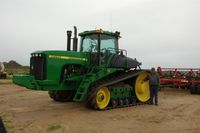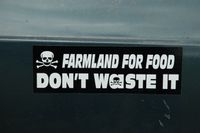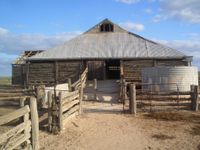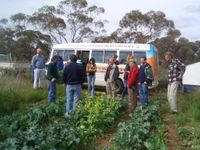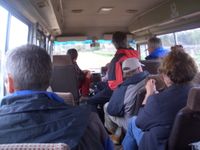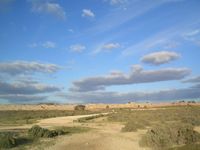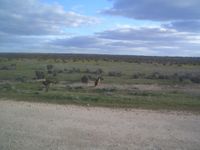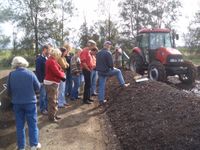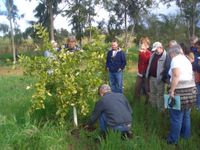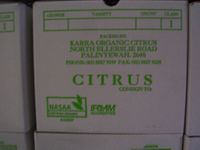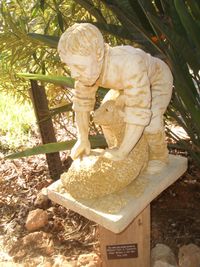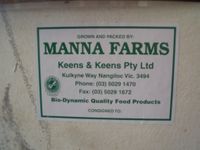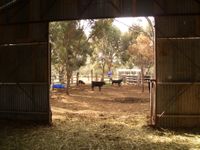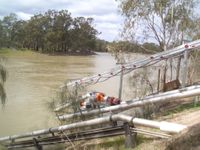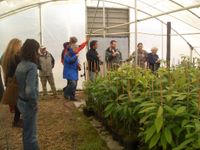1st ISOFAR scientific track at the Organic World Congress in September 2005 in Adelaide, Australia
The genesis of the First International Scientific Conference of ISOFAR, held from September 21–23, 2005 in Adelaide, South Australia, can be traced back to ISOFAR’s launch at the Berlin-Brandenburg Academy of Sciences and Humanities in Berlin, on 20th June 2003. Thus, once presentations will have been displayed at Adelaide’s Convention Center, these Conference Proceedings have had a gestation period of no longer than 27 months, with a first call for papers no older than 11 months.
The progeny of this process - some of you may now tangibly carry it, others might access it electronically - consists of more than 150 papers covering various aspects of Organic Crop Production (49%), Animal Husbandry (11%), Agricultural Economics, Rural Sociology as well as Organic Food Marketing and Sustainability (40%). Thus, a well balanced mixture represents the current relevance of each area whilst paying particular attention to the increasing importance of economics, a trend that may have a positive impact also on the scientifically based development of Organic Agriculture.
Researchers from over 30 countries covering all continents are contributing to the present conference transcript. We are proud and happy to present you a wide range of worldwide research activities focussing on Organic Agriculture. There is, however, still a strong dominance of European researchers representing more than 75% of all published papers. This fact reflects the history of organic agricultural research, yet it underlines the necessity of one of ISOFAR’s key aims: to bring more scientists from other parts of the globe to the job.
In contrast to common conference proceedings, this volume basically contains short scientific papers of four pages maximum. All contributions have passed a stringent referee system. The revised papers may, however, later be extended and delivered as full papers to recognised international scientific journals. Some selected contributions shall later be published in a special volume of an international journal.
When preparing this volume, the Editorial Board had to cope with some unexpected problems, resulting for example from different technical standards in the world-wide e-mail communication system. We apologize for any inconvenience our authors may have experienced - they find themselves in good company with those people who had to overcome manifold obstacles when preparing this conference as well as its proceedings.
We are greatly indebted to the benefactors, the overall organising committee that enabled the scientific module ‘Researching Sustainable Systems’ under the umbrella of IFOAM’s 15th World Congress and the institutional hosts, our partners of NASAA. For the secretarial help in ISOFAR’s Bonn office, thanks are due especially to Anke Dunsche and Christin Streichardt, thoughtfully guided by Daniel Neuhoff. We are grateful to all our unnamed referees for revising all the papers which were received early enough. Judith Neuhoff did a very good job in checking our non-native speakers’ English. We are deeply indebted to the Swiss Agency for Development and Cooperation (DEZA) for their generous funding. Invaluable assistance in diverse forms was given by staff members of FiBlL where again Helga Willer was the successful ‘spider in the net’.
For all that: we are not perfect. Thus, critical readers are asked to excuse any mistake they might spot, or the odd sentence written in less-than-perfect English. We realise that we might be repeating ourselves when concluding that considering all those circumstances editors may be confronted with, criticism is nevertheless welcome and will not lead us to the conclusion that this job has been one of those not to be repeated in the present incarnation.
For the Editors Ulrich Köpke
Proceedings:
